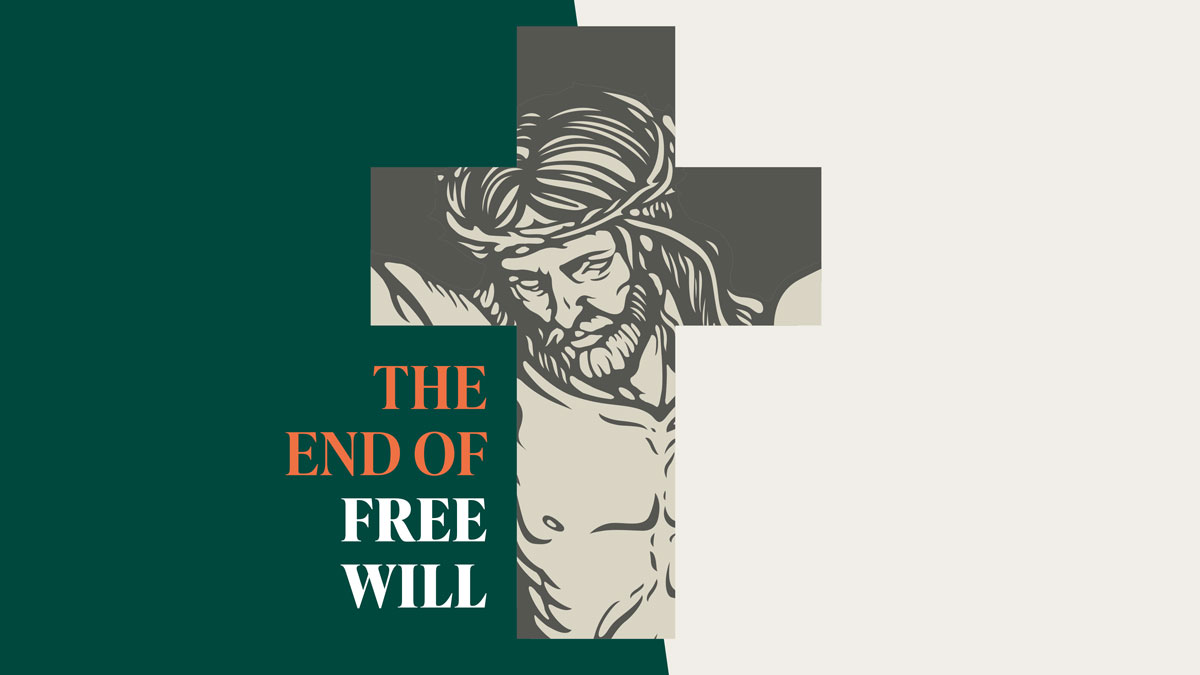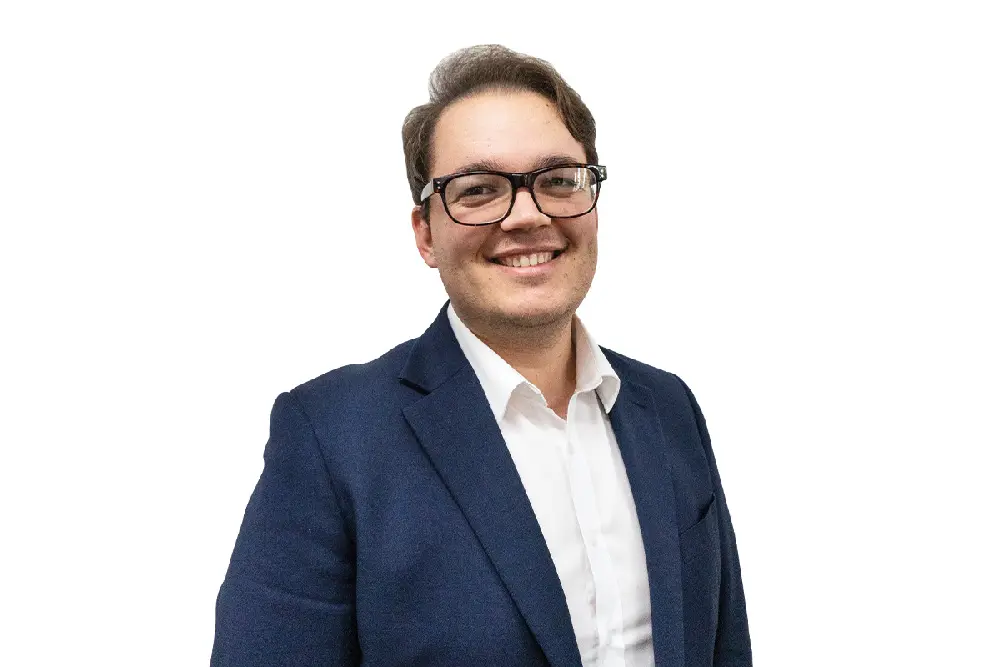If you were to walk into your favourite café today and, after ordering a sensible cup of herbal tea, you glance over to the pastries cabinet, you’d be met with a number of tantalising choices. You tell yourself that all you need is your tea; after all, lunch is only two hours away and you don’t need the extra calories. But then, the pain au chocolat on the top shelf starts screaming your name, as does the blueberry danish underneath it. Or, tempting you to go rogue, throwing out all pretences of propriety, that slice of burnt basque cheesecake begs you to order it. Every good impulse inside you begs you to reconsider. A slice of cheesecake with a camomile tea won’t work, and you know it. And yet, inexorably, like a moth to a flame, you open your mouth and with a sense of foreboding and guilt you order the cheesecake. Then, for good measure, you change your cup of tea to a Belgian hot chocolate. After all, that pairs much better.
If I were to ask you to reconstruct the series of decisions that changed a simple order of tea to a decadent slice of cheesecake and indulgent hot chocolate, would you be able to? Better yet, could you justify it to yourself, were you able to separate your baser urges from your more high-minded health ideals? Chances are, if you were to pose the same question to philosophers, theologians or social scientists, they’d have a range of theories as to why you chose what you chose. Some may point to social conditioning, original sin, your “shadow” or any number of other factors. If, on the other hand, you were to ask professor of biology and neurology Robert Sapolsky, he’d tell you that you didn’t have a choice at all. He’d say that everything you’ve ever done or ever will do has already been set in stone and that you’re merely an actor playing a part that’s already been written. If you think I’m being hyperbolic, I’m not. In his book Determined: Life Without Free Will, Sapolsky claims that “all we are is the history of our biology, over which we had no control, and of its interaction with environments, over which we also had no control, creating who we are in the moment”. Try printing that on a t-shirt. I don’t think you’d sell many. Which decisions, he asks, are not influenced by your parentage, ancestry, the weather, your health, politics, plus about a million other tiny factors. “Find me the neuron,” he demands, “that had an action potential for no reason, where no neuron spoke to it just before.”1 In other words, what part of a person’s brain contains the potential to act independent of any previous experience, influence or suggestion? Every newborn giraffe, every lover’s kiss, every earthquake, every political assassination—every single act of change is brought about by factors outside the control of both humans and nature. Like a clock wound by invisible hands, everything has been, well, determined.
As a Christian and Arminian, the concept of free will is incredibly important to me. That you and I are free to choose how we live our lives—and faith—is fundamental to my faith, as well as the faith of millions. The notion that we are mere products of our biology, ancestry and environment is likely a bridge too far for most believers. Curiously, Sapolsky doesn’t engage the theological perspective in Determined. That is, aside from a small footnote in the first chapter where he lists several tired theories on God and the nature of His agency in the universe. Outside the book, I’ve heard him trot out the familiar arguments against religion. Namely, that religious affiliation is largely geographical. In other words, you’re more likely to be Evangelical Christian if you were born in Lebanon, Kentucky, and more likely to be Muslim if you were born in Beirut, Lebanon (sadly, there’s no Kentucky in Lebanon). It’s a familiar refrain, though it doesn’t consider outliers like immigration or evangelism. It’s tempting, as a Christian, to simply dismiss Sapolsky. After all, how can a secular biologist, in good faith, grapple with theological truths Christians have held for centuries? I’m talking specifically about sin, the satan, the Kingdom of God, atonement and most audaciously, the resurrection of Jesus. However, I think if we entertain the notion of hard determinism, if but for a moment, it may have something to teach us about faith.
To me, the most compelling aspect of Sapolsky’s theory is how our life is affected by a multitude of factors outside our control. From our hereditary, culture, family upbringing, down to our DNA, these all affect any number of positive, and negative, proclivities. Whether you are prone to addiction, or obesity, or anti-establishment thinking, or heart disease, or pessimism; they all come pre-loaded. Your genetic code is just as likely to turn you into a kleptomaniac as it is to give you male pattern baldness. Sorry kid, it’s just your luck of the draw. The biblical writers seemingly agree when they speak of the problem of sin. The prophet Jeremiah famously lamented the nature of the human heart, calling it “deceitful beyond cure” (Jeremiah 17:9). The apostle Paul in the New Testament echoes this by saying, “Sin entered the world through one man, and death through sin, and in this way death came to all people, because all sinned” (Romans 5:12). Though we aren’t to blame for Adam’s sin, we all share in its consequences. The fate of humanity, seemingly, determined. As Paul says a little later, “The wages of sin is death” (Romans 6:23).
And yet, I contend that the way of Jesus upsets the rigidity of hard determinism and invites us into a way of being human that can change even our strongest genetic preconditioning. One chapter after the previous passage in Romans, Paul reflects: “I do not understand my own decisions. For I do not do what I want, but I do the very thing I hate” (Romans 7:15). Sounds like hard determinism to me. I don’t understand why I’m prone to certain behaviours—behaviours that I hate. I’m sure all of us can relate. “Wretched man that I am! Who will rescue me from this body of death? Thanks be to God through Jesus Christ our Lord!” (7:24,25) The “wages of sin” is death, “But the free gift of God is eternal life in Christ Jesus our Lord” (Romans 6:23).
The good news of Jesus is that we don’t have to surrender to our predetermined nature. The sinful body we all live in is destined for death. It is the logical endpoint for all of us if we allow our code, handed down to us from our ancestors, to run the program to its conclusion. Through Jesus, we are not just offered a chance to have our sins forgiven; we are offered the opportunity to re-write our internal code. “And when you were dead in trespasses and the uncircumcision of your flesh, God made you alive together with him, when he forgave us all our trespasses
. . .” (Colossians 2:13) If hard determinism is all there is to our life’s trajectory, how do we explain Christianity? How can we explain drug addicts never getting another craving when they give their lives to Jesus? How can we explain a young person breaking free from generational dysfunction to become the first person in their family to get a university degree? How can we explain former atheists having such radical transformations that they become devoted Christians? Sapolsky might cynically assert that the latent potential lay within the individual, the individual’s environment and/or the individual’s ancestry to create such a change, even if the potential was invisible to all, including the individual. I’d argue, as many theologians more sophisticated than me also would, that the process of responding to Jesus and becoming a disciple is a much more mysterious, yet nevertheless just as profound, process. As New Testament theologian NT Wright says of the crucifixion and resurrection of Jesus: “The larger reality is that something has happened within the actual world of space, time, and matter, as a result of which everything is different”.2 The world cannot continue as usual because as a result of Calvary, the world has changed. By extension, the people who follow Jesus have also been changed through the resurrection and now participate in changing the world. I don’t know about you, but that’s the kind of world I want to live in.
1. Robert Sapolsky, Determined: Life Without Free Will. Penguin Random House, 2023, 14.
2. NT Wright, The Day the Revolution Began. HarperCollins, 2016, 156.
Jesse Herford is the associate editor, Signs of the Times.






